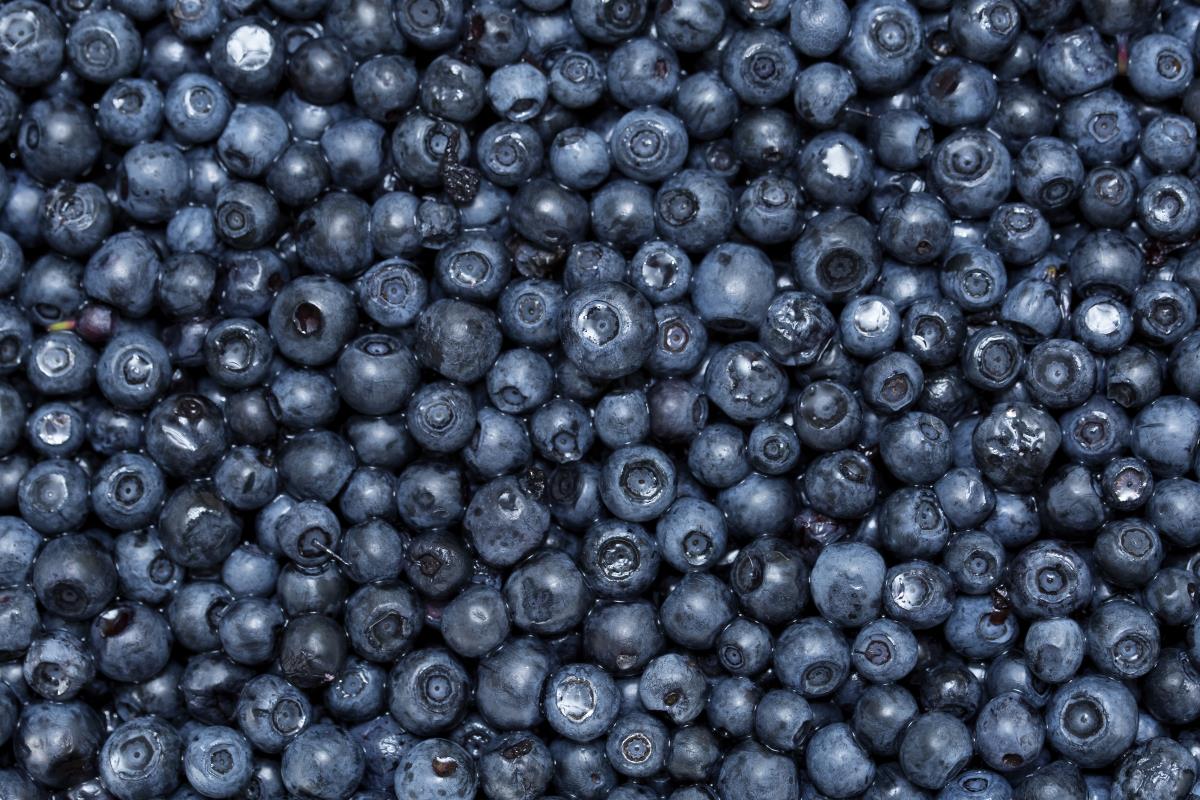Aside from being abundant in antioxidants, blueberries, dubbed the “king of antioxidant fruits,” offers a wide range of health benefits.
In fact, several studies have proven that simply eating less than one cup of these berries every day can help lower your risk of developing cancer and heart disease. Blueberries can even help slow brain aging.
The 7 benefits of eating blueberries
- Blueberries can boost insulin sensitivity – Data from a study in The Journal of Nutrition determined that blueberries contain bioactive compounds that can help improve insulin sensitivity. In the study, researchers grouped 32 “obese, non-diabetic, insulin-resistant patients” into two; one group consumed smoothies with 22.5 g of blueberry bioactives while the other had placebo, twice a week. After six weeks the group that drank the smoothies with blueberry bioactives improved their insulin sensitivity by a factor of four compared to the placebo group.
- Blueberries can help keep the brain young – According to a study published in the Annals of Neurology, the anthocyanins in blueberries can help slow brain aging. Researchers from Harvard University measured cognitive function in 16,010 participants aged 70 years and older in the Nurses’ Health Study. Using data from dietary questionnaires, the researchers found that consuming more blueberries can slow cognitive decline by up to 2.5 years. The berries can also slow brain aging in younger individuals, such as children aged eight to 10 years old.
- Blueberries can lower blood pressure – In a study published in the Journal of the Academy of Nutrition and Dietetics, researchers gave a group of post-menopausal women with pre-hypertension (or stage one hypertension) 22 g of freeze-dried blueberry powder daily, which was equivalent to a cup of fresh blueberries. After eight weeks there was a notable decrease in the women’s systolic (5.1 percent) and diastolic (6.3 percent) blood pressure. Additionally, the blueberry powder lowered arterial stiffness on average by 6.5 percent. Arterial stiffness is a symptom of atherosclerosis, and the condition shows that a patient’s heart may have to work harder to send blood to the peripheral blood vessels.
- Blueberries can prevent heart attacks – Based on the results of a study by researchers from the Harvard School of Public Health and the University of East Anglia, consuming about three servings of blueberries (and strawberries) weekly can help women prevent heart attacks. For the study, researchers examined the eating habits of 93,600 women aged 25 to 42 for a period of 18 years. The researchers determined that women who consumed at least three or more servings of blueberries and strawberries per week minimized their heart attack risk by at least one-third. Eating a diet that consisted of other fruits and vegetables did not give the women the same benefits as the berries.
- Blueberries can help prevent cancer – A study in the journal Nutrition Research determined that eating blueberries daily can boost natural killer (NK) cells. NK cells are white blood cells that have a crucial role in how the immune system defends the body against foreign invaders like tumors and viruses. NK cells scan the body for abnormal cells and destroy them before they have a chance of developing into actual cancers. Another study revealed that blueberries can help prevent cancer due to their antioxidant content. Antioxidants can neutralize free radicals, which are highly unstable and can cause cellular damage linked to cancer development. (Related: Eat more berries: Anthocyanins suppress tumors, disrupt the expression of cancer genes.)
- Blueberries can help protect the lungs – The anthocyanins in blueberries can also protect our lungs as we age. Based on data from a study in the American Journal of Clinical Nutrition, men who consumed two or more servings of blueberries per week had at least a 37.9 percent less decline in lung function unlike those who ate a smaller amount or none at all.
- Wild blueberries can boost heart health – Results from a Florida State University study showed that a daily serving of blueberries can help lower the risk of developing heart disease in women. A separate study found that consuming less than one cup of wild blueberries can improve how your vascular system circulates blood. If blood flows easier in your arteries and veins, the less stress there is on your heart.
Eat more organic blueberries starting today so you can improve your heart health, prevent cancer, and slow down brain aging.
Fast facts on blueberries
- Blueberries (Vaccinium ssp.) are close cousins to bilberries, cranberries, and huckleberries.
- Initially endemic to North America, blueberries are now grown commercially in the U.S. and in Europe.
- Low in calories, blueberries are a superfood, full of antioxidants, beneficial plant compounds, and several vitamins.
- Blueberries measure at least five to 16 millimeters (mm) (0.2-0.6 inches [in]). The berries can be blue to purple in color.
- High-bush and low-bush blueberries are the two most common varieties of blueberries.
- Aside from polyphenols, blueberries are rich in vitamins C and K, fiber, and manganese.
You can read more articles about the other health benefits of blueberries at Blueberries.news.
Sources include:
GreenMedInfo.com
HealthLine.com
Receive Our Free Email Newsletter
Get independent news alerts on natural cures, food lab tests, cannabis medicine, science, robotics, drones, privacy and more.



















